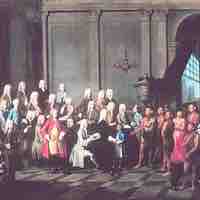Chapter 4
Expansion of the Colonies: 1650–1750
By Boundless
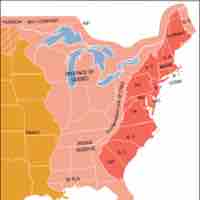
Britain's 13 North American colonies reflected different structures of government: provincial, proprietary, and charter.
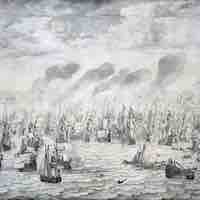
Mercantilism regarded government control of foreign trade as crucial for ensuring the prosperity and military security of the nation.

The English Navigation Acts were a series of laws restricting imports and exports in the British colonies for the ultimate profit of England.
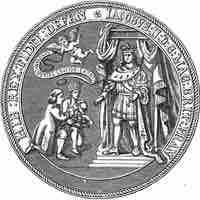
The Dominion of New England was a short-lived administrative union of multiple colonies.
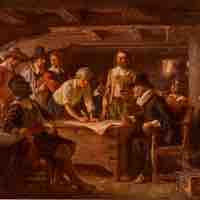
In a self-governing colony such as Plymouth, elected rulers make most decisions without referring to the imperial power that nominally controls the colony.

Colonial governors were appointed by the Crown, while assemblies were elected by local colonists.
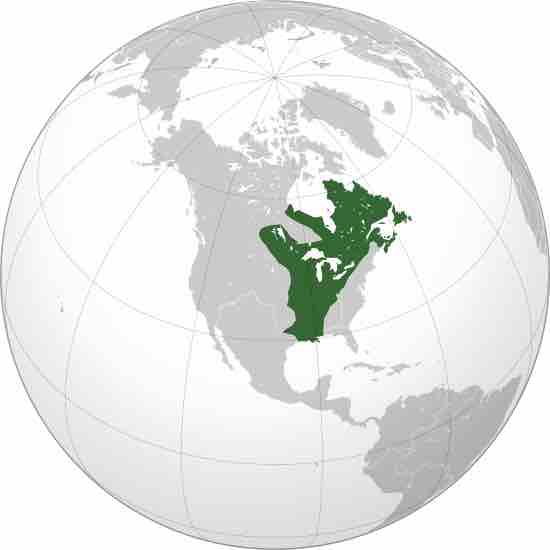
New France, colonized by France in the 16th century, included the colonies of Canada, Acadia, Hudson Bay, Newfoundland, and Louisiana.

Immigration and migration patterns in the early colonies were diverse and varied greatly from one region to the next.

The First Great Awakening illustrated the evolution of Protestantism in the British colonies.

Lifestyles among British colonists in North America varied dramatically by region.
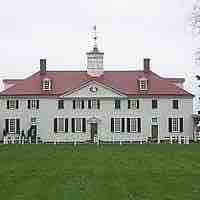
In New England and the mid-Atlantic colonies, the elite were wealthy farmers or urban merchants; in the South, they were wealthy planters.
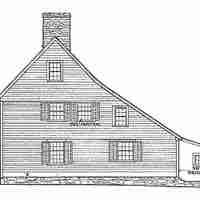
The middle classes of colonial America consisted mostly of yeoman farmers and skilled craftsmen.
The poorest inhabitants of the American colonies tended to be subsistence farmers, day laborers, indentured servants, and slaves.
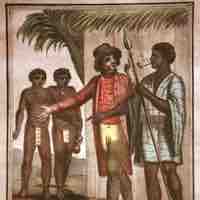
Slave labor and the African slave trade formed the backbone of the American colonial economy.
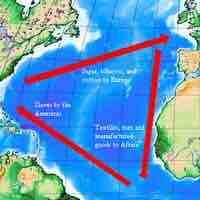
Triangular Trade was a system in which slaves, crops, and manufactured goods were traded between Africa, the Americas, and Europe.
The economy of the Chesapeake region revolved around tobacco and relied heavily on slave labor.
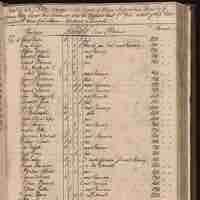
South Carolina was the first colony founded deliberately on slave labor to support its growing rice economy.
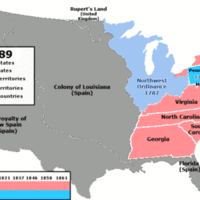
While Northern states had fewer slaves and eventually outlawed slavery entirely, they were still economically dependent on the institution.
The rise of large-scale plantations in the South led to the widespread use of slavery to support the colonial economy.
Influenced by restrictive laws and brutal treatment, slaves combined African and Christian customs to form a culture of survival and resistance.
Slaves resisted oppression in several ways ranging from rebellions and uprisings to sabotage, running away, and destruction of plantation property.

